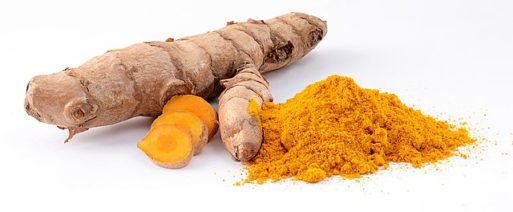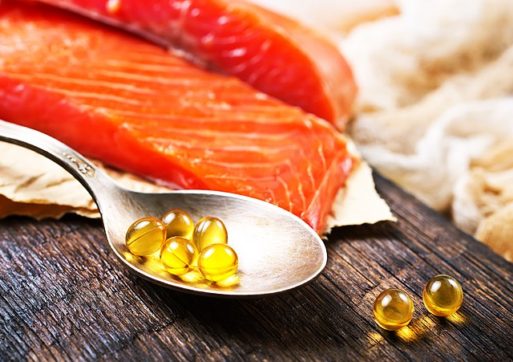
Credit: Wikimedia Commons
Human beings have been uniquely cursed with the desire to ward off the one thing we can’t avoid: aging. In fact, as you just read that sentence, you got older. Luckily, there are supplements for longevity out there that can help slow the process down.
Nothing can compare to living a well-rounded lifestyle that includes exercise, a healthy diet, and perhaps knowing a genie who can grant you a few wishes. But there are compounds that can assist in slowing some age-related processes. Unfortunately, there are hundreds of longevity supplements that are all clamoring for your pocketbook. Our research shows five that reliably make it to the top. Here they are:
1. Resveratrol
Resveratrol is a natural compound found in grapes, berries, and some types of nuts. Studies have shown that it has antioxidant and anti-inflammatory properties, which can help reduce the risk of age-related diseases such as cancer, diabetes, and heart disease. It is believed to activate the SIRT1 gene, which is responsible for promoting longevity. Resveratrol supplements are available in pill form and can be taken daily to reap its benefits.

Credit: Wikimedia Commons
2. Nicotinamide Riboside
Nicotinamide Riboside (NR) is a form of vitamin B3 that has been shown to improve energy levels and metabolism. It is believed to work by increasing levels of NAD+, which is a coenzyme that helps cells produce energy. As we age, our levels of NAD+ decrease, which can lead to cellular dysfunction and aging. NR supplements have been shown to increase NAD+ levels and may help prevent age-related diseases, thus promoting longevity.
3. Curcumin
Curcumin is a compound found in turmeric, which is a spice commonly used in Indian cuisine. It has anti-inflammatory and antioxidant properties and has been shown to help reduce the risk of heart disease, cancer, and Alzheimer’s disease. And it’s been related to maintaining the length of the almighty telomere (a region in the DNA sequence that protects chromosomes from wear and tear).

Credit: Wikimedia Commons
4. Omega-3 Fatty Acids
Omega-3 fatty acids are essential fats that our bodies need but cannot produce on their own. They are found in fish such as salmon, mackerel, and sardines. Omega-3 fatty acids have been shown to help reduce inflammation, lower blood pressure and improve heart health. They may also help reduce the risk of age-related cognitive decline and promote longevity.

Source: Wikimedia Commons
5. Coenzyme Q10
Coenzyme Q10 (CoQ10) is a compound found in the mitochondria of cells. It plays a crucial role in the production of energy in the body. CoQ10 levels decrease as we age, which can lead to a decline in energy levels and cellular function. CoQ10 supplements have been shown to help improve energy levels, heart health, and brain function. They may also help reduce the risk of age-related diseases such as Parkinson’s disease.
These five supplements are some of the most effective for promoting longevity. However, it is important to note that supplements are not a replacement for a healthy lifestyle (or a genie). Eating a nutritious diet, getting regular exercise, and avoiding smoking and excessive alcohol consumption are essential for promoting longevity. If you are considering taking supplements, it is important to consult with a healthcare provider to determine if they are right for you and to ensure that they do not interfere with any medications you may be taking.

 These Are 5 of the Top Longevity Supplements That Fight Aging
These Are 5 of the Top Longevity Supplements That Fight Aging


 How Dare You Die Now!
How Dare You Die Now!
 Debating Medical Aid in Dying
Debating Medical Aid in Dying
 “Help Me, Helen”
“Help Me, Helen”














